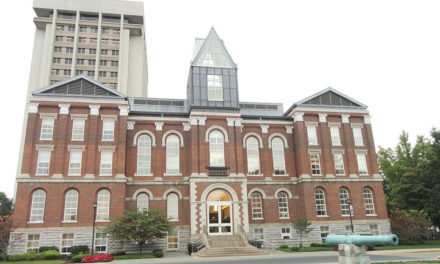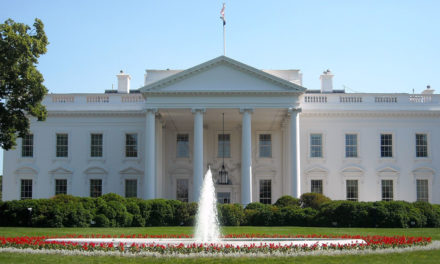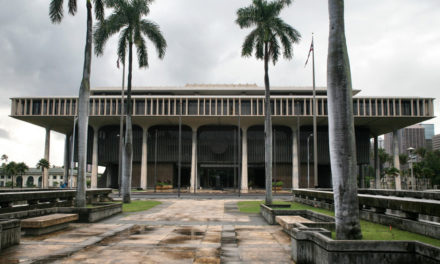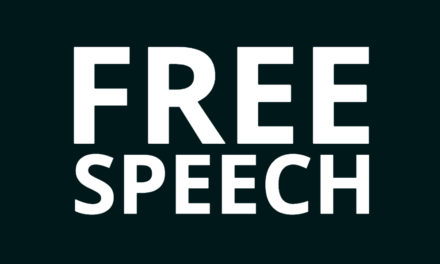A new free speech lawsuit has been filed in Alabama alleging that one of the state’s premier state universities – University of Alabama in Huntsville (UAH) – is violating not only the Alabama Constitution but a 2019 state law as well. That new law – the Campus Free Speech Act – specifically outlines what the state’s public colleges and universities can and can’t do when it comes to restricting free speech on campus.
UAH is a public educational and research institution notably associated with the NASA space program and Wernher von Braun, the famed German rocket scientist who moved to the U.S. after World War II to help with the U.S. ballistic missile program, which ultimately became our space program. UAH has about 10,000 students on its campus.
It also has a restrictive speech code that is being challenged by members of the student chapter of Young Americans for Liberty (YAL), a national group that exists to promote the principles of individual liberty.
In the lawsuit filed by Alliance Defending Freedom (ADF) on YAL’s behalf, YAL alleges that UAH requires students and groups who want to speak on campus to get permission three days in advance, with only minor exceptions for certain types of speech. And that, it argues, goes directly contrary to the Campus Free Speech Act, which requires:
“That students, administrators, faculty, and staff are free to take positions on public controversies and to engage in protected expressive activity in outdoor areas of the campus, and to spontaneously and contemporaneously assemble, speak, and distribute literature.” Ala. Code § 16-68-3
The law does contain exceptions for speech that disrupts another person’s protected expressive activity. It also allows schools to “maintain and enforce constitutional time, place and manner restrictions” but they must narrowly tailor such restrictions to serve a “significant institutional interest.”
UAH goes way beyond what that state law allows, YAL alleges, by requiring permission three days in advance before engaging in an expressive activity. Even the exemptions from the permission requirement allowed by UAH are flawed, according to YAL, because they illegally discriminate on the basis of the content of the speech, and the policy restricts such “spontaneous” speech to certain designated “speech zones” on campus. And finally, the university retains unbridled discretion to impose other conditions.
Members of YAL are afraid to engage in speech activities because of the university’s policy, and do not want to suffer disciplinary consequences for exercising their legal right to engage in expressive activity.
“Alabama law is clear: students don’t need a permit from college officials to speak on campus, but that’s exactly what the University of Alabama in Huntsville is doing—violating the law and shutting down speech on campus,” ADF Legal Counsel Michael Ross said in a press release. “Public universities are the very places that should be encouraging free speech, not stifling it with burdensome and illegal rules.”
YAL’s Director of Free Speech, J.P. Kirby, also commented on the lawsuit in the same press release.
“Young Americans for Liberty exists to promote the principles of individual liberty, but the University of Alabama in Huntsville’s policies severely restrict our students’ ability to speak freely about these principles on campus,” Kirby stated. “Students don’t need a permit to speak freely on a public campus. And they don’t give up their constitutionally protected freedoms when they step onto campus or hold a specific viewpoint.”
The lawsuit requests that the court declare UAH’s policy to be in violation of the Campus Free Speech Act as well as the free speech clause of the Alabama Constitution. It also requests that the court issue an injunction prohibiting the university and its agents from enforcing any of the illegal policies being challenged.
The case is Young Americans for Liberty v. Trustees of the University of Alabama System.
Photo from Shutterstock






